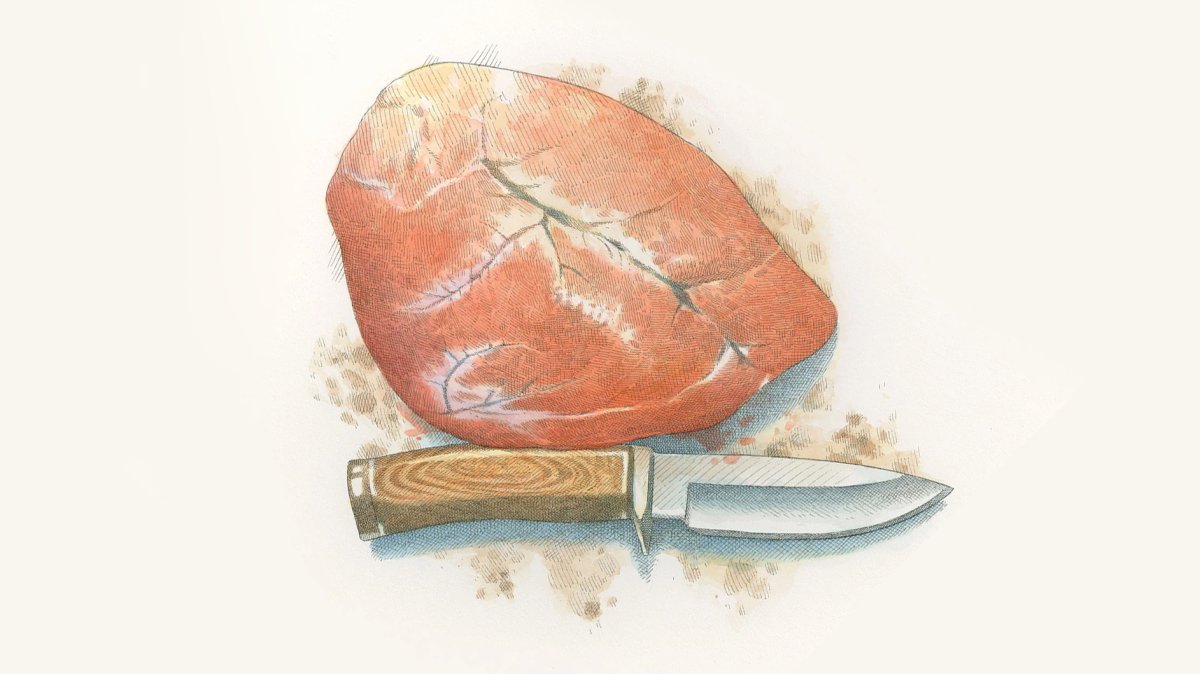My Father Was a FEMA Insider….This Is What He Told Me
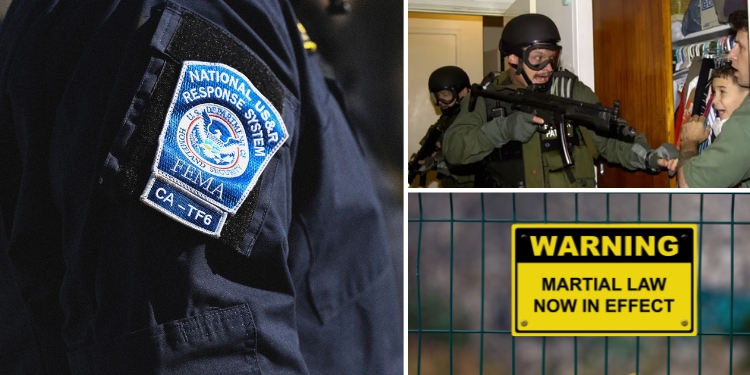
When you grow up with someone who has seen disasters from the inside, your idea of “preparedness” changes forever. For decades, my father moved through the federal disaster system – FEMA and beyond – experiencing the power and the frustration of responding to hurricanes, floods, wildfires, and the chaos left in their wake.
I didn’t always understand the gravity of his stories. As a kid, it sounded like adventure. But over time, I realized that everything he shared wasn’t just about disasters, but about human behavior, decision-making under pressure, and the skills to survive when everyone else is panicking.
Those conversations shaped me. If you’re the sort of person who keeps a bag in the closet and reads weather alerts like a hobby, this one’s written for you.
The Event that Changed My Life
I remember my father coming back home after the tornado outbreak that hit Kentucky and Ohio in April 1974. He had just come back from the field, exhausted, with dirt under his nails and a clipboard full of papers. He was like a man who had seen the world tip over, and in some ways, he had.
 My father had been responsible for coordinating relief, such as trucks, supplies, staging areas, volunteers, but every step was slowed by endless bureaucracy.
My father had been responsible for coordinating relief, such as trucks, supplies, staging areas, volunteers, but every step was slowed by endless bureaucracy.
His days were consumed by calls to local FEMA officials, state coordinators, and then waiting on federal directives that often never came on time.
People were desperate for water, food, and shelter, and the system that was supposed to help moved slower than the storm itself.
He learned quickly that FEMA was more about paperwork than people. Deliveries arrived late, supplies were misdirected, and sometimes critical aid never arrived at all. Volunteers and on-the-ground improvisation were the real saviors.
He watched as a stack of tarps meant for one county was delivered to another, while the people actually in need went without. The red tape was suffocating, and the official system seemed more concerned with rules than rescue.
That was when the real lesson of preparation sank in for me. You couldn’t rely on FEMA. The trucks might never arrive. Supplies might sit in the wrong place. The first days after a disaster were your responsibility alone.
Learning from this experience, he made sure we had water, food, and essentials ready, because he had seen the consequences of a system too slow and too entangled in its own bureaucracy to actually save lives.
The Hidden Value of Red Tape
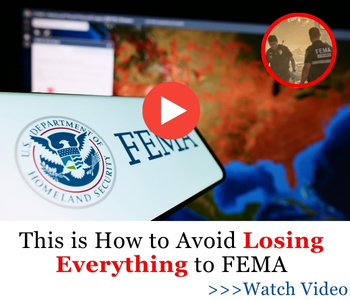 I remember him laughing about it, shaking his head at all the forms and bureaucracy we had to wade through. “Red tape,” he’d call it, like it was some cosmic joke.
I remember him laughing about it, shaking his head at all the forms and bureaucracy we had to wade through. “Red tape,” he’d call it, like it was some cosmic joke.
But then he’d get serious and say something I didn’t fully understand until years later: those papers slowed help down, but it also kept chaos from becoming corruption.
He taught me that records aren’t just papers you toss in a drawer, but proof and accountability.
When resources are tracked, they can be redirected where they’re needed most. And if you ever need to make a case for help, documentation is your strongest ally.
Related: The IRS Is After You! Here’s What You Need to Do Next
He always insisted on keeping copies of everything that mattered: IDs, insurance papers, medical records. He had a waterproof container for the physical copies and a secure cloud account for digital ones. “You’ll thank me when chaos comes knocking,” he’d say with that knowing grin.
And he was right. When the dust settles and claims need filing, those papers make all the difference. They can be the line between getting help and being stuck. That’s how I learned it from him – through patience and a little laugh at the absurdity of it all.
Rex 84: Lessons from the Inside
Growing up, I didn’t pay much attention to the stacks of maps, folders, and manuals my father kept hidden in the back of his study. It wasn’t until years later that I realized these weren’t just disaster plans – they were part of something far darker: Rex 84, a Cold War contingency that outlined how FEMA could control entire populations during a national emergency.
What shocked me most wasn’t the name or the theory, but what he had actually seen. Warehouses stocked with months of supplies, massive staging areas designed to move trucks and people in precise formations, and temporary shelters that could be converted into detention-ready facilities in a matter of hours.
The same systems that delivered water, food, and medical aid could just as easily restrict movement, control populations, and shut down communities.
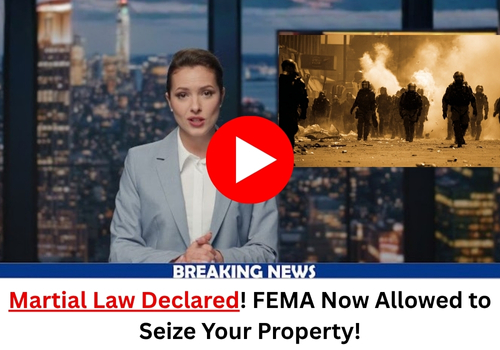
He never wanted to scare me, but the implications were clear. FEMA’s infrastructure was built with dual purposes, and when the system faltered, ordinary citizens were completely exposed. Supplies could be rerouted, trucks could be delayed, and entire towns could be left waiting while the bureaucracy followed its own rules.
For a prepper, the lesson was unsettling: being ready meant to understand how the system could fail or work against you. Anticipating the behavior of FEMA, its hidden plans, and its limitations became just as important as anticipating the disaster itself.
The Quiet Rules About FEMA Camps
FEMA camps are supposed to be safe havens, but my father had seen the cracks in the system that most people never imagined. From his experience, relying on them could be dangerous, even deadly.
He knew the truth: under martial law or emergency presidential powers, shelters could become detention centers. Families could be split up, pets separated, and people could be held for days or even weeks with no real way to leave. Beyond being inefficient, the system was designed to maintain control, ready to operate as a tool for population management under the FEMA’s expanded authority.
What made him uneasy was the storm within the system. He understood that the Stafford Act, Executive Orders like HSPD-20, and plans like Rex 84 gave FEMA the power to take over essential functions, control movement, and even confiscate supplies. Any disaster could become a test run for mass relocation and martial law, not just disaster relief.
Also, he said that instead of looking for FEMA shelters, we should do THIS one essential thing:
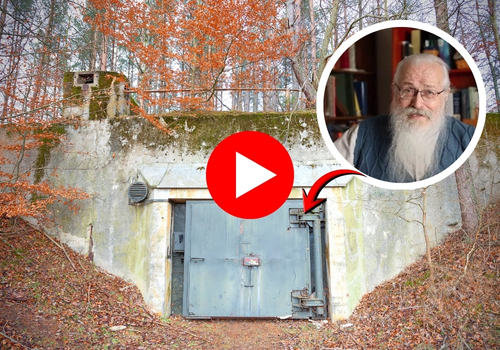
This is the exact reason why he built a secret shelter and made sure our bug-out bags were always ready at the front door, loaded with food, water, blankets, and medical supplies. My father wanted us to be completely independent for the first days of any crisis, because he had seen how FEMA’s promises of safety could fail, and sometimes fail spectacularly.
Barter and Practical Trade Goods
When power and supply chains are disrupted, certain items become incredibly valuable. That’s why he strongly disagreed with government protocols suggesting that personal supplies could be requisitioned under martial law.
He believed that relying on FEMA and other federal systems to distribute essentials was risky – supplies could be delayed, misallocated, or held up by bureaucracy.
What inspired him, though, was the way the Amish lived – how they relied on skill, ingenuity, and community to meet their needs without modern conveniences.
He admired how even small, ordinary items could be traded thoughtfully, and he took notes on what moves quickly in a crisis: fuel in small containers, coffee, batteries, OTC medications, hygiene supplies, and sealed comfort foods that people trust.
But barter only works when you know who to trade with and exercise sound judgment. His advice was simple: don’t hoard so much that you can’t use what you need, and always keep trade items that serve your family first. The Amish way taught him that careful preparation and community awareness make all the difference.
If you’ve ever wondered how to adopt these timeless skills, The Amish Ways by Eddie Swartzentruber offers a fun, hands-on guide to living self-sufficiently and preparing goods that are valuable in trade. Eddie, a former Amish, shares insights drawn from a lifetime of experience in the community.

Discover the secrets of a community in the US that has thrived for hundreds of years without relying on electricity or modern technology. In a society where nearly everything is digital or automated, the Amish have perfected craftsmanship and barter strategies that modern society has largely forgotten. Even the smallest items in your home, from a jar of home-canned food to a handmade tool, can hold immense value when it comes to trading with others.
The Importance of Fuel Planning
A running car is a lifeline. Fuel availability often vanishes faster than supplies on grocery shelves. My dad’s advice: keep a plan for fuel, and keep it legal and safe. Know how far you can go with what’s in your tank, and have a network of trusted people who could help move things when stations close.
Related: Read This Before Stockpiling Your Fuel!
If you own a trailer, a truck, or even a small utility vehicle, practice coupling and uncoupling now. When time is short, skills matter more than gear.
The First Thing That Breaks
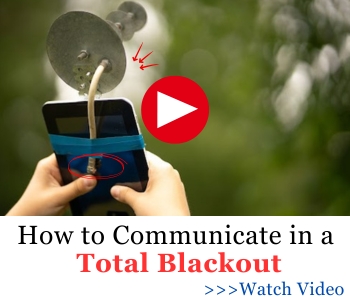 He’d tell a story about a flood where radios saved the day because cellular networks went dark. Technology is amazing until it isn’t.
He’d tell a story about a flood where radios saved the day because cellular networks went dark. Technology is amazing until it isn’t.
In this case, we need to remind ourselves that redundancy is not optional if you want to stay informed.
Have several ways to get news: battery-powered radio, a charged mobile phone, and an emergency battery bank. Practice conserving power.
Agree on a family check-in plan – a time and place to meet if communications are unreliable. Those small rituals reduce panic.
Medical Preparedness Is a Community Skill
Medical response gets overwhelmed fast. Learning basic first aid, wound care, and how to move someone safely are skills that protect your family and your neighbors.
Dad wasn’t one for drama, but he insisted people learn how to manage bleeding, burns, and fractures until professional help can reach them.
Create a rotation for renewing supplies in your medical kit and practice scenarios with your family. Comfort with simple tasks reduces panic and speeds effective care.
In an emergency, it’s not enough to just have the right tools and first aid kits, you also need to know how to use them. If your town or city is in a tornado zone, learning first aid could make all the difference, helping your family and even neighbors in need.
With Home Doctor, you can be the help everyone needs, a hero in disguise.
But the book goes far beyond simple first aid. It explains how to handle common health issues when professional help isn’t immediately available. Everything from treating cuts, burns, and infections to managing fevers, allergic reactions, or even chronic conditions during emergencies.
It also includes guidance on creating a medical kit from supplies you already have at home, spotting early warning signs of serious illness, and knowing when a situation requires urgent attention.
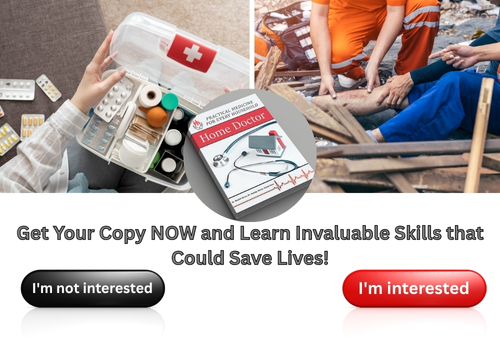 In short, it’s a practical handbook for self-reliance in uncertain times. Anyone interested in off-grid living or the prepping culture knows it’s one of those books worth keeping on the shelf at all times.
In short, it’s a practical handbook for self-reliance in uncertain times. Anyone interested in off-grid living or the prepping culture knows it’s one of those books worth keeping on the shelf at all times.
Final Thoughts
My father used to be an insider at FEMA, but his world was the stuff of muted coordination and patient problem-solving. He taught me that survival is often more about paperwork, relationships, and steady decisions than dramatic rescues. If you want to be ready, start with the small, invest in skills, and keep your head when plans fracture. And that’s the kind of legacy that smells like diesel and coffee, and I’m grateful he gave it to me.
Did you like our story? Tell us your opinion in the comment section below!
You may also like:
 Prepping Items The Government Doesn’t Want You to Have
Prepping Items The Government Doesn’t Want You to Have
Is a 3-Letter Agency Tracking You Right Now? (VIDEO)
2026 U.S. Earthquake Map. Is Your State in the Danger Zone?
The Deep State Doesn’t Want You to Know This
72 Hours After The Grid Collapses. What Really Happens?
Read the full article here




